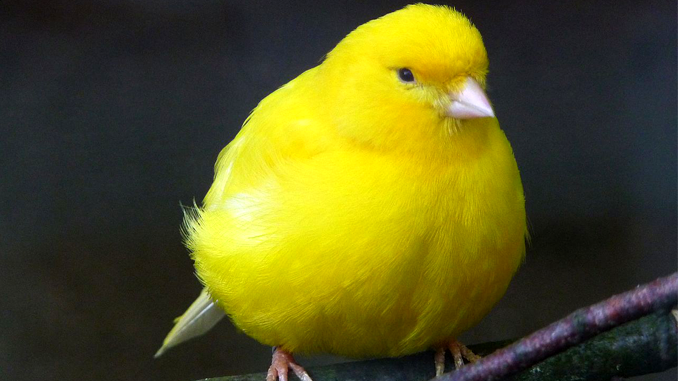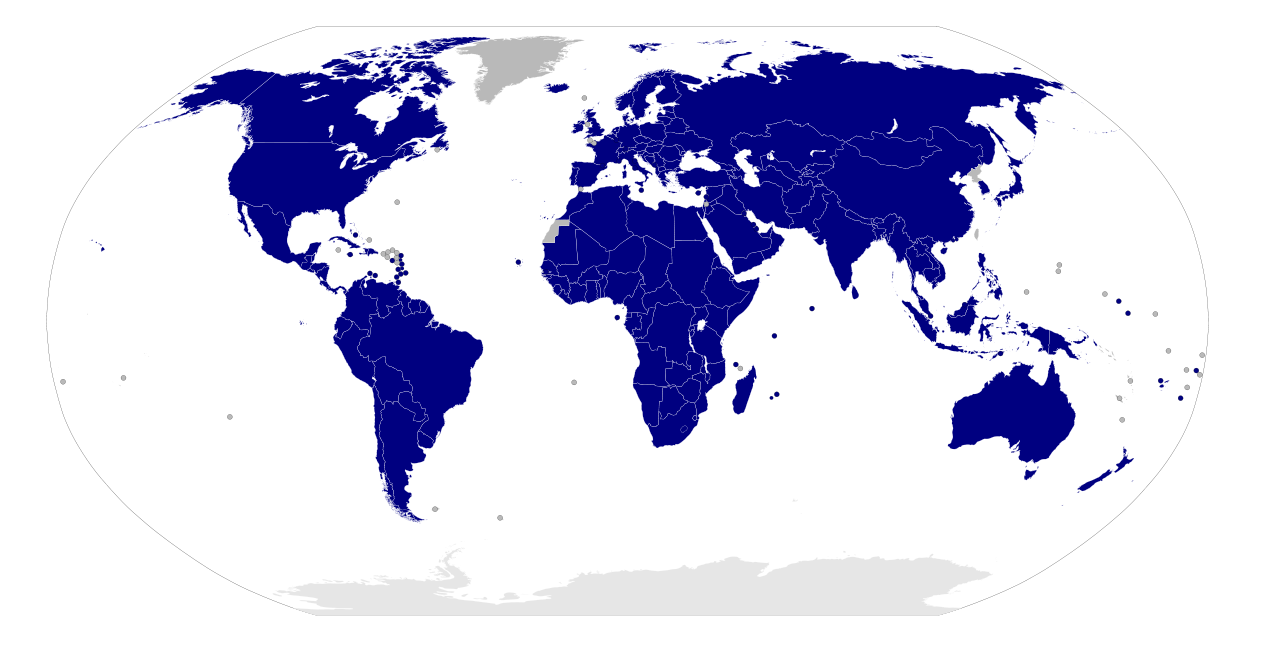
According to reports last Friday out of France, the president of Interpol, the global “International Crime Police” – who tasks itself with the primary functions of public safety and battling transnational crimes – Meng Hongwei, “mysteriously disappeared,” according to the New York Times, after traveling home to his native country China.
According to reports, Meng’s wife reported to the French authorities last Thursday night she had not heard from her husband since leaving Interpol headquarters for a scheduled trip to China on September 29, though a conflicting report says that “the family had not heard from him since Sept. 25, and that French authorities said his wife was under police protection after getting threats.”
Eyes of the International community turned to China for answers as Interpol “made a formal request to China for information about the agency’s missing president,” the Associated Press reported on Saturday.
“The Lyon-based international police agency said it used law enforcement channels to submit its request to China about the status of Meng Hongwei, saying the agency “looks forward to an official response from China’s authorities to address concerns over the president’s well-being,””
According to French “judicial officials” not much information was known at this time other than Mr. Meng “boarded a plane and arrived in China” and that “France has begun its own investigation.”
China was silent for almost 36 hours from when Meng was missing was made public as more details begin to emerge. Meng’s wife, the NYT’s then reported on Sunday, “told reporters in Lyon, France, where the two were living, that before her husband vanished … he had sent her a phone message with an emoticon of a knife, which she said hinted he was in danger.”
Later Sunday, “hours after” Meng’s wife’s statement to the French press, and a day after Interpol’s request, an announcement appeared on the Chinese Communist Party (CCP) website. According to Google translate, the announcement reads:
Home > Review Survey > Middle Management Officer > Discipline Review
Meng Hongwei, deputy minister of the Ministry of Public Security, suspected of illegally accepting the supervision of the State JI
Source: Central Commission for Discipline Inspection, National Supervisory Committee website Published: 2018-10-07 23:52
Meng Hongwei, deputy minister of the Ministry of Public Security, is suspected of violating the law and is currently under the supervision of the State Supervision Commission.
National People’s Republic of China Central Discipline Inspection Commission
No other details were given in the statement at that time. But by Sunday evening, the Associated Press further reported, and TNB here, that Interpol had announced that Meng Hongwei had resigned as the agency’s president “effective immediately,” and that South Korean Kim Jong Yang who was the senior vice president of the executive committee “would become acting president” until the agency can convene to select another president to finish out the last 2 years of Meng’s term.
The day to day operations of Interpol which is carried out by its Secretary General, German native, Jurgen Stock, and that of its ‘world-wide bureaus’ “remain focused” on Interpol’s mission.
In further developments, however, according to the Straits Times, China’s Ministry of Public Security said in a statement on Monday morning “Meng Hongwei is under investigation for suspected bribery,” adding, “the investigation against Meng Hongwei’s taking and giving bribes and suspected violations of law is very timely, absolutely correct and rather wise.”
“In addition to serving as president of the international crime fighting body,” the NYT’s says, “Mr. Meng is also vice minister in the Chinese Ministry of Public Security,” and has long and deep ties to China’s security sector and Meng is still considered a ‘party official member’ within the CCP.
The central commission can detain party officials for months or years while carrying out an investigation. The commission often concludes an investigation by stripping the official of party membership, stating the official’s violations of party regulations and referring the official to the justice system for criminal prosecution.
New York Times; Oct. 7, 2018
When the 64-year-old Meng, a high-ranking Chinese official within the CCP, was elected and appointed to Interpol’s president’s position in November 2016 it was seen as a positive step for the Chinese government’s participation in international organizations, however, critics were concerned “Beijing might try to leverage his position to pursue dissidents abroad.” China has in the past pressured countries to “arrest and deport China citizens it accuses of crimes,” as China’s president ‘General Secretary’ Xi Jinping, the Straits Times continues, is in engaged in a “crackdown on corruption.”
For an in-depth breakdown of what the Chinese call the “Central Commission for Discipline Inspection” (CCDI), which has been called the CCP’s “watchdog against graft and political disloyalty,” and their newly developed “anti-corruption body,” called the National Supervision Commission, see The Diplomat story, What’s So Controversial About China’s New Anti-Corruption Body?
In one of the most controversial but overshadowed outcomes of its March 2018 meeting, China’s National People’s Congress (NPC) approved a constitutional amendment creating a super-sized anti-corruption body called the National Supervision Commission and adopted a Supervision Law to govern its operations. A massive institutional restructuring plan subsequently issued by the Chinese Communist Party (CCP) makes clear the Commission will be co-located with — and integrate its anti-corruption functions with — the CCP’s own powerful anti-graft body, the Central Commission for Discipline Inspection (CCDI).
The Diplomat; May 30, 2018
The ‘International Criminal Police Organization,’ ICPO—INTERPOL, otherwise what is commonly called Interpol was established in 1923, 95 years ago, whose ‘motto’ is “Connecting police for a safer world.” There are currently 192-member countries and has been likened to the “UN of the police.”
The map below shows the “International Criminal Police Organization’s jurisdiction.”

The Trump administration has made no comments on the incident.

2 Trackbacks / Pingbacks
Comments are closed.